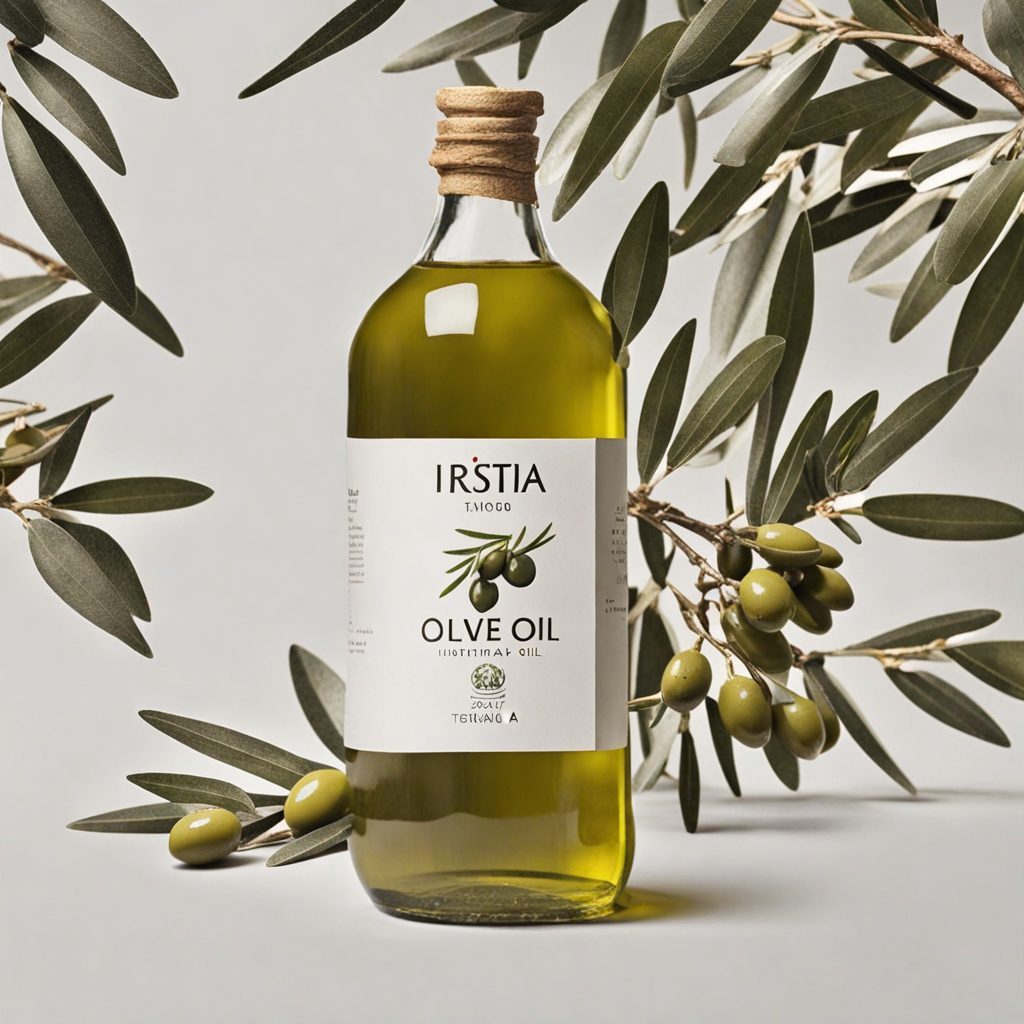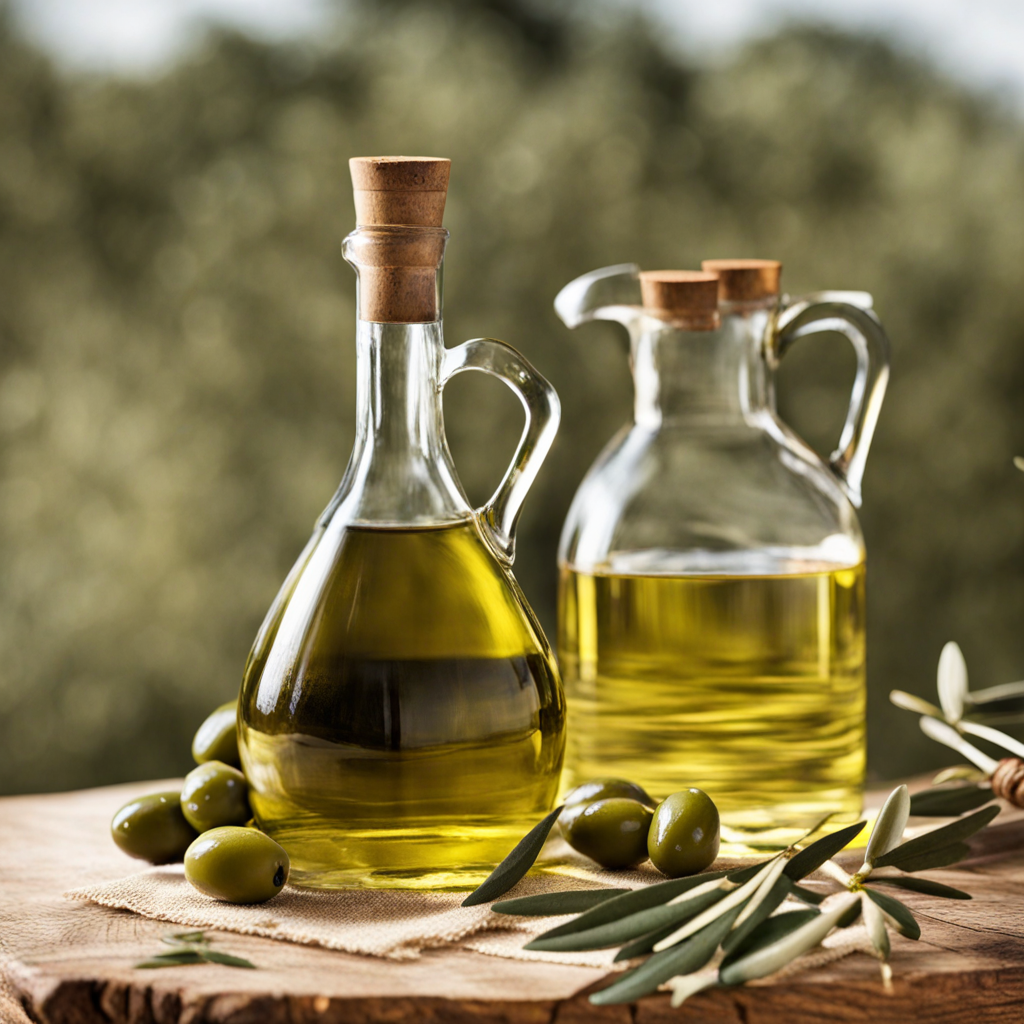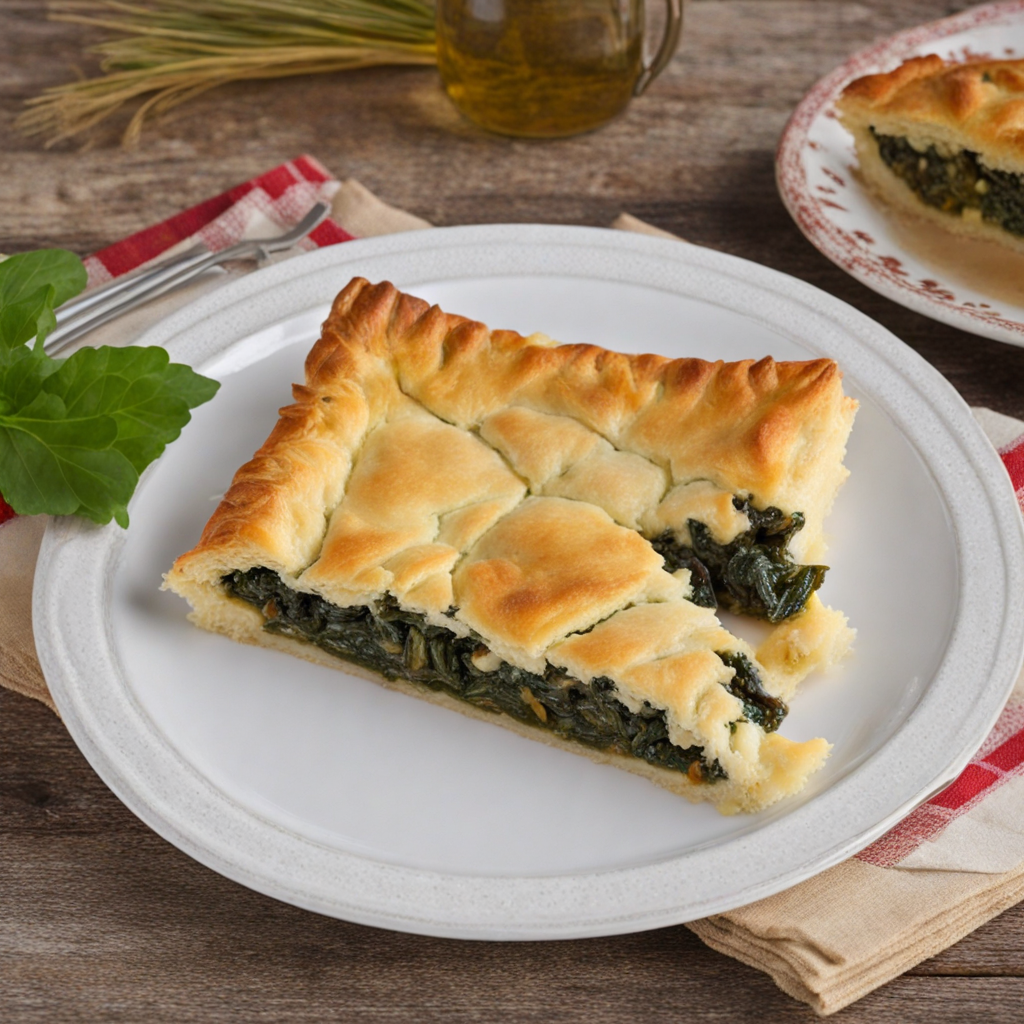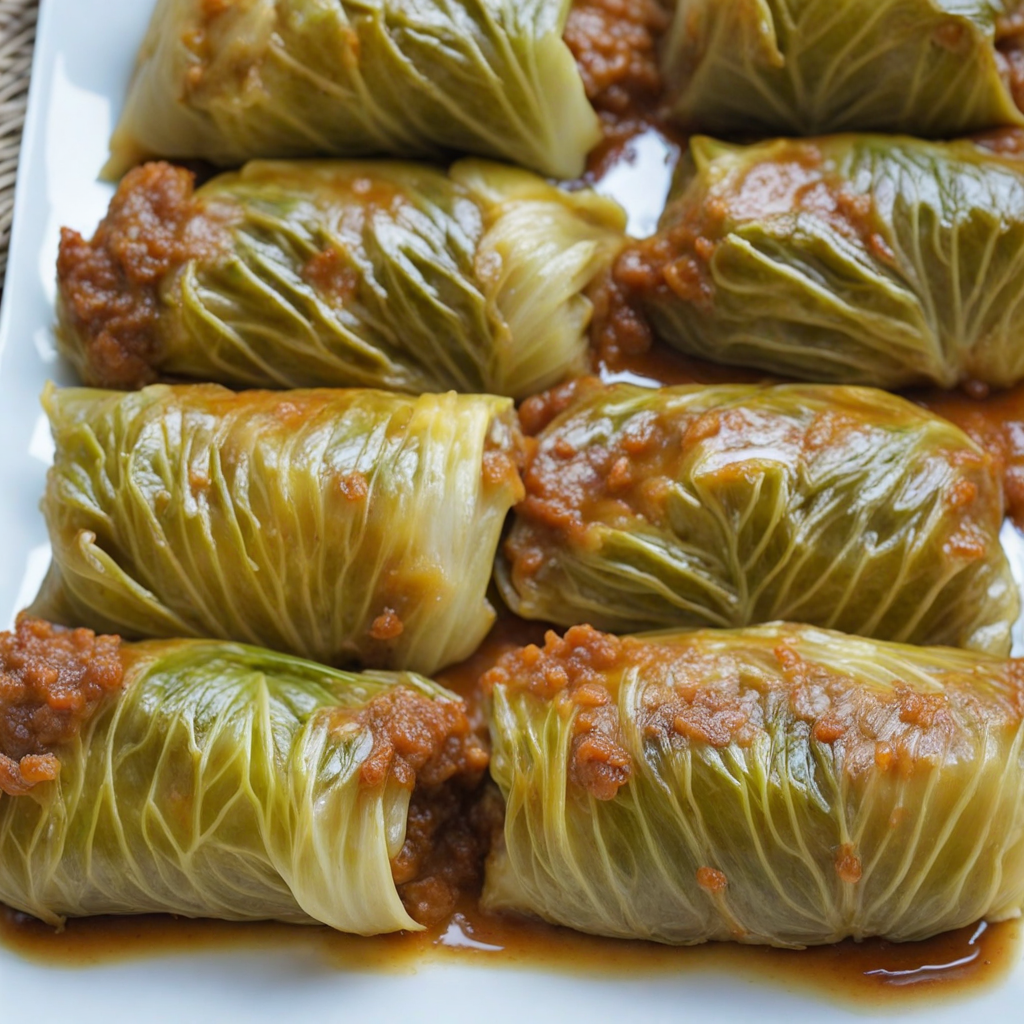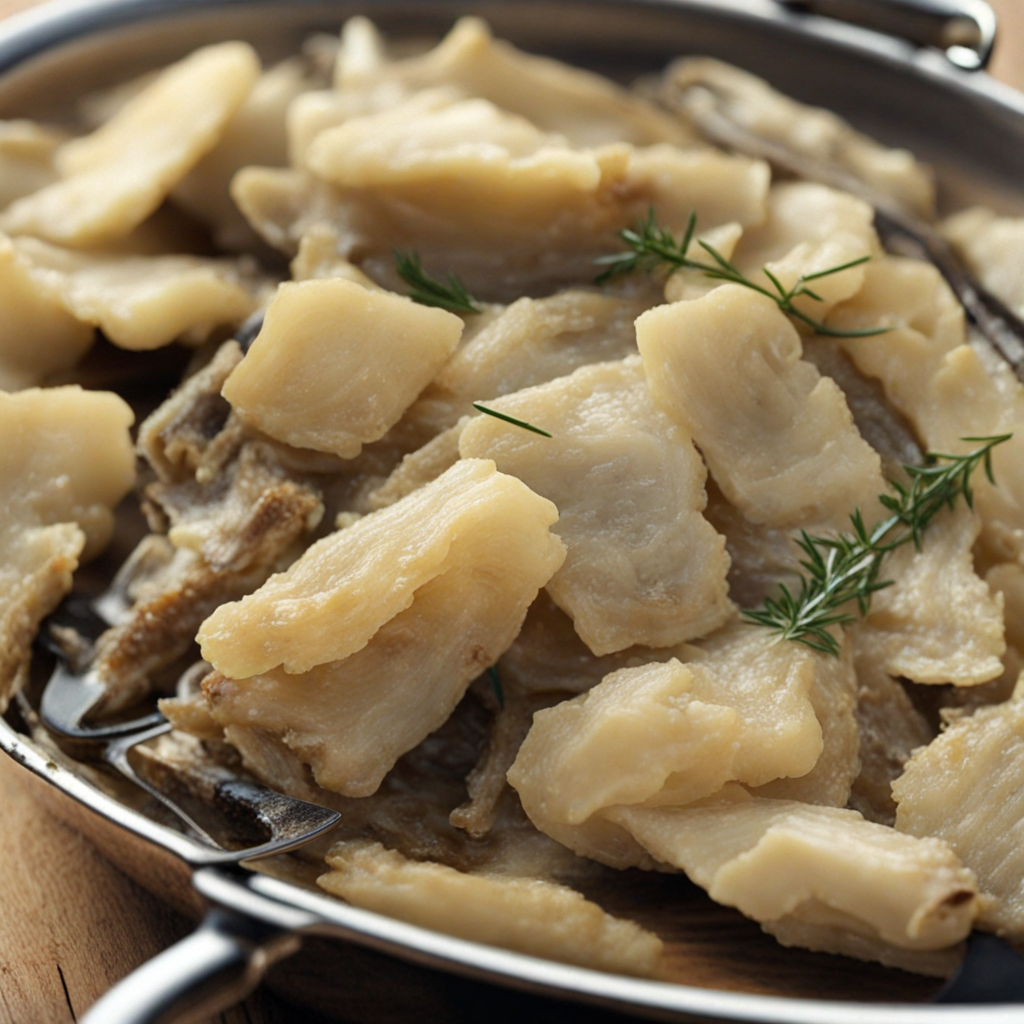Istrian Olive Oil
Istrian Olive Oil is a remarkable culinary treasure hailing from the picturesque region of Istria in Croatia, renowned for its pristine landscapes and Mediterranean climate. This premium olive oil is characterized by its vibrant green hue and a rich, fragrant aroma that captures the essence of the local olive groves. The unique terroir, combined with traditional cultivation methods, results in a complex flavor profile that showcases the olives' inherent characteristics. Expect notes of fresh grass, artichoke, and a subtle hint of pepper, which create a delightful balance that elevates any dish it graces. What truly sets Istrian Olive Oil apart is its exceptional quality, often attributed to the indigenous varieties of olives such as Buža, Leccino, and Frantoio. These olives are handpicked at the peak of ripeness, ensuring that only the best fruit is selected for oil production. The cold-pressing technique used in extraction preserves the natural flavors and nutritional benefits, making it an excellent choice for health-conscious food enthusiasts. The result is a vibrant, aromatic oil that enhances the taste of salads, grilled vegetables, and seafood, while also making a perfect companion for fresh bread or as a finishing drizzle on various dishes. In addition to its culinary versatility, Istrian Olive Oil is often celebrated for its health benefits, rich in antioxidants and healthy fats. It embodies the essence of the Mediterranean diet, promoting heart health and overall well-being. Whether used in cooking, as a dressing, or simply enjoyed on its own, this exquisite oil reflects the rich heritage and artisanal practices of Istria, inviting food lovers to explore its depth and complexity. Discovering Istrian Olive Oil is not just a taste experience, but a journey into the heart of Croatian gastronomy, where tradition and flavor come together harmoniously.
How It Became This Dish
The Rich Heritage of Istarsko Maslinovo Ulje: A Culinary Treasure of Croatia #### Introduction Istarsko maslinovo ulje, or Istrian olive oil, is more than just a culinary ingredient; it is a rich tapestry woven into the cultural and historical fabric of Croatia’s Istrian Peninsula. Known for its exceptional quality, distinct flavors, and health benefits, this olive oil has been cherished for centuries, playing a pivotal role in the Mediterranean diet and the culinary traditions of the Croatian people. The journey of Istrian olive oil intertwines with the region's history, agriculture, and social customs, rendering it a symbol of local identity and heritage. #### Origins: A Historical Overview The history of olive cultivation in Istria can be traced back to ancient times. Evidence suggests that the Greeks and Romans introduced olive trees to the region as they expanded their empires across the Mediterranean. The favorable climate of Istria, characterized by warm summers, mild winters, and fertile soil, made it an ideal location for olive groves. By the Middle Ages, olive oil had become a staple in the Istrian diet and economy. Monasteries in the region played a significant role in its production, cultivating olives not only for personal use but also for trade. The emergence of olive oil as a vital commodity was also influenced by the Venetian Republic, which ruled over Istria from the late 13th century until the 18th century. Venetian merchants valued high-quality olive oil, fostering a thriving trade network that further established Istria as a key player in the Mediterranean olive oil market. #### Cultural Significance Istrian olive oil is deeply woven into the local culture and traditions. It is not merely a cooking ingredient; it has become a symbol of Istrian identity. Olive oil is celebrated in local festivals, culinary events, and even in religious rites. The annual Olive Oil Festival, for instance, showcases the region's finest oils and pays homage to the hard work of local farmers and producers. The traditional Istrian cuisine, which is heavily influenced by the Mediterranean diet, relies on olive oil as a fundamental component. From drizzling it over fresh salads to incorporating it into marinades and pasta dishes, olive oil enhances flavors and embodies the essence of Istrian cooking. The practice of “dipping,” where crusty bread is dipped into high-quality olive oil, is a cherished ritual among locals, often accompanied by salt or balsamic vinegar. Moreover, olive oil production in Istria has a deep-rooted connection to family heritage and land stewardship. Many families pass down the knowledge and skills of olive cultivation from generation to generation, preserving traditional methods while also embracing modern techniques. This intimate relationship with the land fosters a sense of pride and community among olive growers, as they share their stories and celebrate the fruits of their labor. #### Development Over Time The 20th century marked a turning point for Istrian olive oil, particularly with the rise of the European Union. Croatia's accession to the EU in 2013 provided new opportunities for Istrian olive oil producers to showcase their products on a global stage. The region began to gain recognition for its exceptional quality, leading to the establishment of protected designations of origin (PDO) for Istrian olive oil. This legal framework ensured that only oils produced in specific areas of Istria, using traditional methods, could be labeled as "Istarsko maslinovo ulje." Today, Istria is celebrated for its diverse olive cultivars, including the indigenous varieties such as Bjelica, Črnica, and Istarska bjelica. These olives are renowned for their unique flavor profiles, ranging from grassy and peppery to fruity and aromatic. The region's olive oils are frequently awarded prestigious prizes at international competitions, further solidifying Istria’s reputation as a premier olive oil-producing area. Furthermore, the development of eco-friendly and organic farming practices has gained momentum in recent years. Many producers now prioritize sustainable methods, focusing on preserving biodiversity and promoting environmental stewardship. This shift not only caters to the growing demand for organic products but also reflects a deeper commitment to the land and future generations. #### The Future of Istrian Olive Oil As globalization continues to shape the culinary landscape, Istrian olive oil faces both challenges and opportunities. The rise of mass-produced alternatives poses a threat to traditional producers, yet it also creates a greater demand for authentic, high-quality products. Local producers are increasingly emphasizing their unique stories, heritage, and artisanal methods to attract consumers who seek genuine culinary experiences. The future of Istrian olive oil is intertwined with the preservation of its cultural heritage and the promotion of sustainable practices. Education and awareness efforts aimed at both local communities and tourists are crucial to maintaining the region’s olive oil legacy. Culinary workshops, tastings, and farm tours offer invaluable experiences that connect people to the land and its traditions. #### Conclusion Istarsko maslinovo ulje is a testament to the rich history, cultural significance, and enduring legacy of the Istrian Peninsula. From its ancient origins to its modern-day acclaim, this olive oil encapsulates the spirit of Istria—its people, traditions, and unwavering connection to the land. As it continues to evolve, Istrian olive oil remains a cherished symbol of Croatian identity, inviting the world to savor its distinct flavors and celebrate a culinary heritage that has stood the test of time.
You may like
Discover local flavors from Croatia


